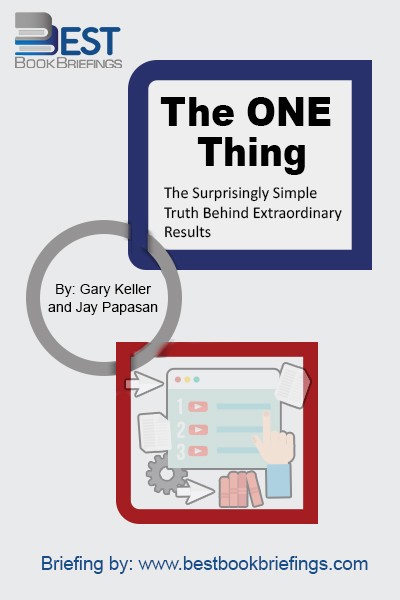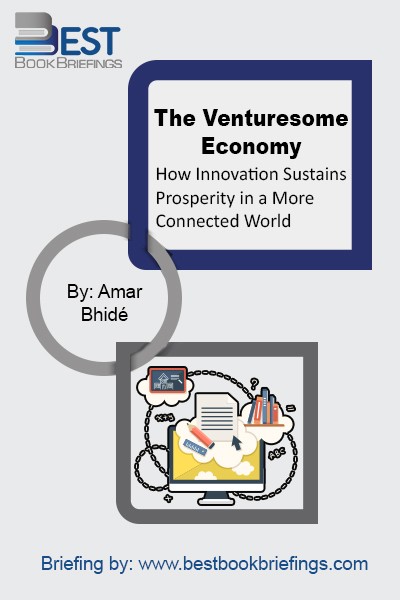The Venturesome Economy
How Innovation Sustains Prosperity in a More Connected World
Number of pages: 520
Publisher: Princeton University Press
BBB Library: Economics and Investment
ISBN: 978-0691135175
Editorial Review
Many warn that the next stage of globalization--the offshoring of research and development to China and India--threatens the foundations of Western prosperity. But in The Venturesome Economy, acclaimed business and economics scholar Amar Bhide shows how wrong the doomsayers are.Using extensive field studies on venture-capital-backed businesses to examine how technology really advances in modern economies, Bhide explains why know-how developed abroad enhances--not diminishes--prosperity at home, and why trying to maintain the U.S. lead by subsidizing more research or training more scientists will do more harm than good. When breakthrough ideas have no borders, a nation's capacity to exploit cutting-edge research regardless of where it originates is crucial: venturesome consumption --the willingness and ability of businesses and consumers to effectively use products and technologies derived from scientific research--is far more important than having a share of such research. In fact, a venturesome economy benefits from an increase in research produced abroad: the success of Apple's iPod, for instance, owes much to technologies developed in Asia and Europe.Many players--entrepreneurs, managers, financiers, salespersons, consumers, and not just a few brilliant scientists and engineers--have kept the United States at the forefront of the innovation game. As long as their venturesome spirit remains alive and well, advances abroad need not be feared. Read The Venturesome Economy and learn why--and see how we can keep it that way.
Book Reviews
Books on Related Topics

What’s the ONE Thing you can do such that by doing it everything else will be easier or unnecessary? In the number one Wall Street Journal bestseller, Gary Keller has identified that behind every successful person is their ONE Thing. No matter how success is measured, personal or professional, only the

In a time of unprecedented turbulence, how can public sector organisations increase their ability to find innovative solutions to society's problems? Leading Public Sector Innovation shows how government agencies can use co-creation to overcome barriers and deliver more value, at lower cost, to citizens and business. Through inspiring global case studies

We see prosperity as multidimensional. When you are happy, when you have enough money and are at peace with how you are earning that money, this leads to the sustainable state that we describe as prosperity. Balancing these three things—money, happiness, plus sustainability—leads to prosperity. The prosperity that we value depends

Watching a financial crisis feels much like watching a natural crisis; as long as you are watching from distance. Although one is made by man and the other isn’t, there is something deeply mysterious about each; it isn’t quite clear how or why, or why now. Of course, each can create

The idea of collaboration has always been used within the framework of board rooms, conferences, video conferencing and the likes. Yet now, the traditional scope of collaboration is moving into mass collaboration, in where millions and millions of individuals are able to play a role in the economy like never before.

The world’s leading economies are facing not just one but many crises. The financial meltdown may not be over, climate change threatens major global disruption, economic inequality has reached extremes not seen for a century, and government and business are widely distrusted. At the same time, many people regret the consumerism



